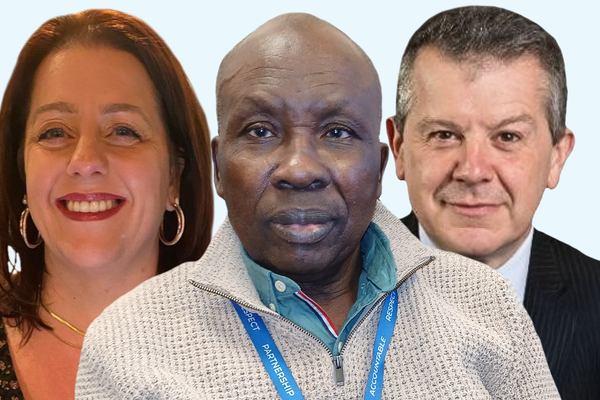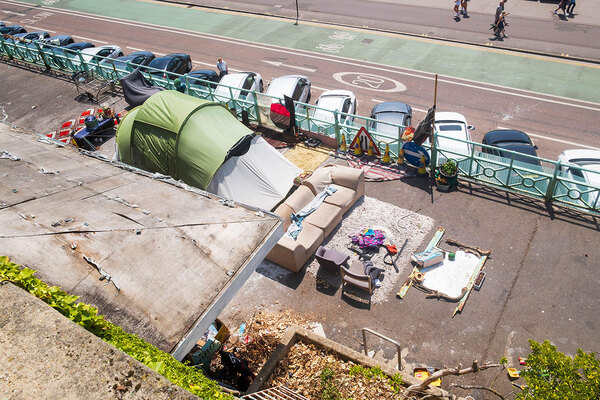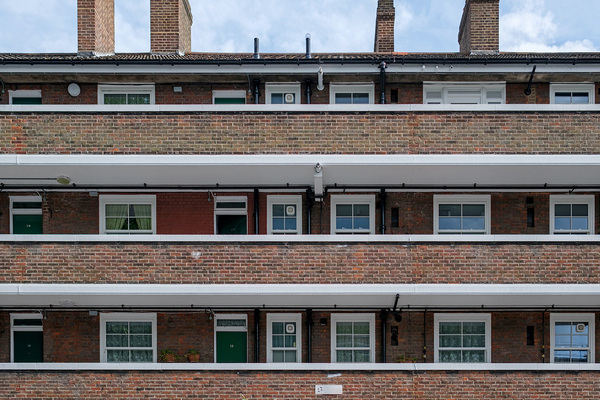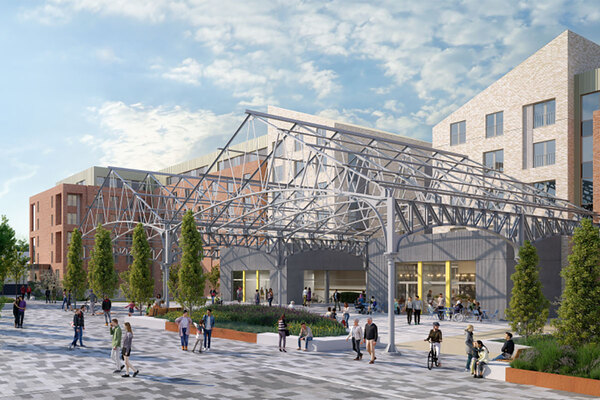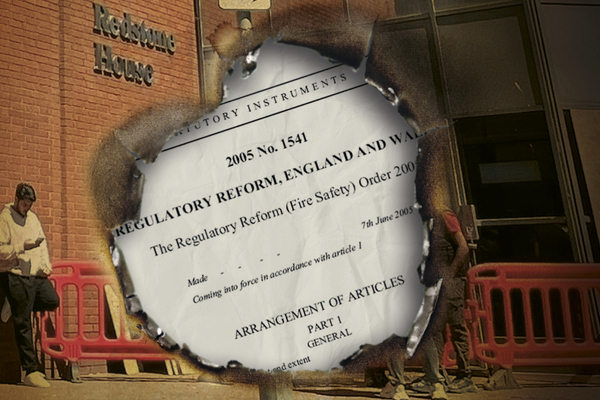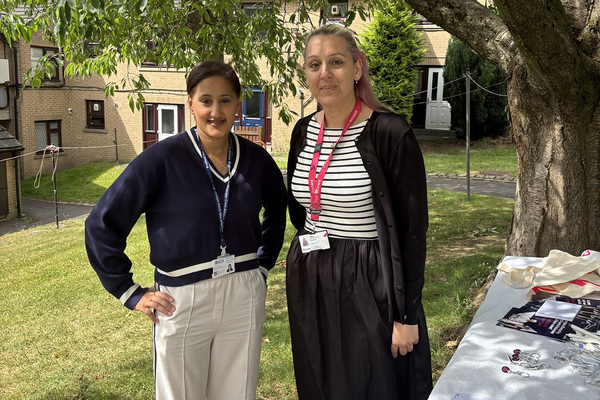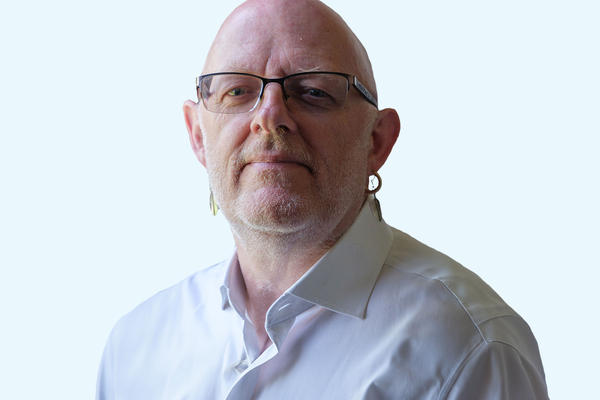You are viewing 1 of your 1 free articles
Housing’s impact on health is a race issue
Our research shows how the health of non-white households is disproportionately affected by poor, unaffordable and insecure housing, writes Peter Badubu, executive director at Impact on Urban Health
Safe and secure housing is a foundation of good health, but this is not a reality for millions of people living across the UK.
In our work at Impact on Urban Health, we’ve found that the health of non-white households is disproportionately affected by poor, unaffordable and insecure housing. Of all groups, Black and racially minoritised communities are suffering the most.
We believe that race equity is integral to achieving health equity. To that end, we work with a range of partners across Lambeth and Southwark to prevent ill health through improving housing conditions while acknowledging the racialised experience of housing. Our goal is to work with partners and stakeholders to make housing in Southwark and Lambeth fair, safe and affordable.
Our data team has been exploring what Southwark and Lambeth residents have to say about their housing and health, and how much they worry about their homes. We found that 29% of Black respondents were worried about damp and mould and the state of repair in their home, compared with 19% of white respondents.
Damp, mould and hazards don’t need to cause specific diagnosable medical problems to affect the health and well-being of residents, just the worry and stress of it is enough to cause ill health.
The Resolution Foundation’s recent Heritage and Home report provided compelling evidence of how housing quality can be vastly different for different groups. Relative to other ethnicities, white households generally experience better quality housing and fewer housing issues, whereas Pakistani and Black households often live in poorer quality housing.
Aside from those living in homes at social rent, housing costs are high for all groups in Southwark and Lambeth. However, these high costs are not felt equally and do not have the same effects for each group. The Greater London Authority’s research shows that after housing costs are added, the proportion of Black households that are in relative income poverty jumps from 21% to 42%. Whereas for white households, adding housing costs increases the proportion by only 7%, from 14% to 21%.
Black households make up around 12.2% of households in London, compared with white households, which make up 65.4% of households in London. However, Black households are owed a homelessness duty at almost three times the level you’d expect, in comparison with white households, which experience homelessness just under 0.5 times the level you’d expect based on the general population.
The combination of racial discrimination, higher incidence of poverty and higher relative housing costs mean that Black households are more likely be made homeless compared with their white peers. This appears to be a symptom of structural racism, which further entrenches health inequities between Black households and other groups.
At Impact on Urban Health, our Financial Foundations for Adult Health programme is working with partners to challenge the impact of structural racism on people’s health and financial well-being. Through supporting the work of organisations such as Justice for Tenants, Kineara, Safer Renting, Marks Out of Tenancy, Southwark Law Centre and Cambridge House, we are working to improve conditions for tenants from racially minoritised communities and help them to stay in safe, affordable homes.
“The combination of racial discrimination, higher incidence of poverty and higher relative housing costs mean that Black households are more likely be made homeless compared with their white peers”
We’re also backing innovative projects to build health equity and help people to overcome structural barriers to good health. Our partnership with London Community Land Trust is supporting the planning process for two housing community land trusts in Lambeth and Southwark. Community-led housing offers a powerful route to increasing health equity in urban areas, and it is essential that these opportunities are supported, accessible to and shaped by the voices of those most excluded.
We’re not alone in seeking improvements to housing in Southwark, Lambeth and London in general. We’re lucky to fund and collaborate with a range of partners, stakeholders and local authorities to help find solutions to issues of health equity in housing.
Through our Children’s Mental Health programme, we are working to reverse the trend of children languishing in temporary accommodation, rather than in secure, safe, healthy homes, here in Southwark and Lambeth. That’s why we are calling for an end to the long-term use of temporary accommodation for children and families.
Peter Badubu, executive director, Impact on Urban Health
Sign up for our daily newsletter
Already have an account? Click here to manage your newsletters
Latest stories

